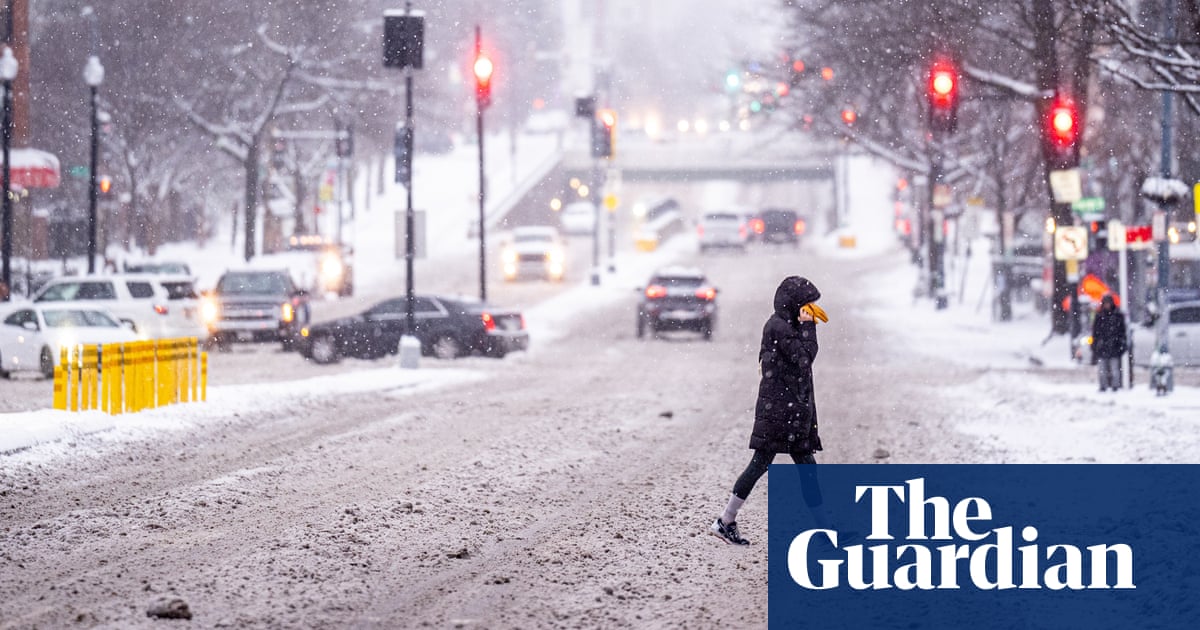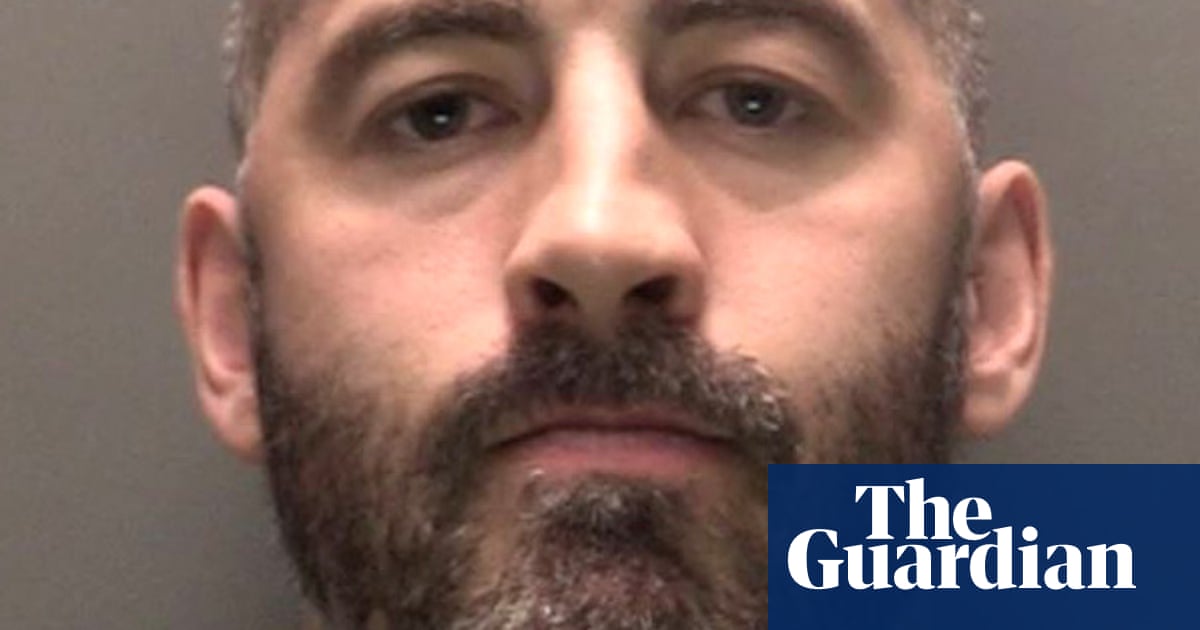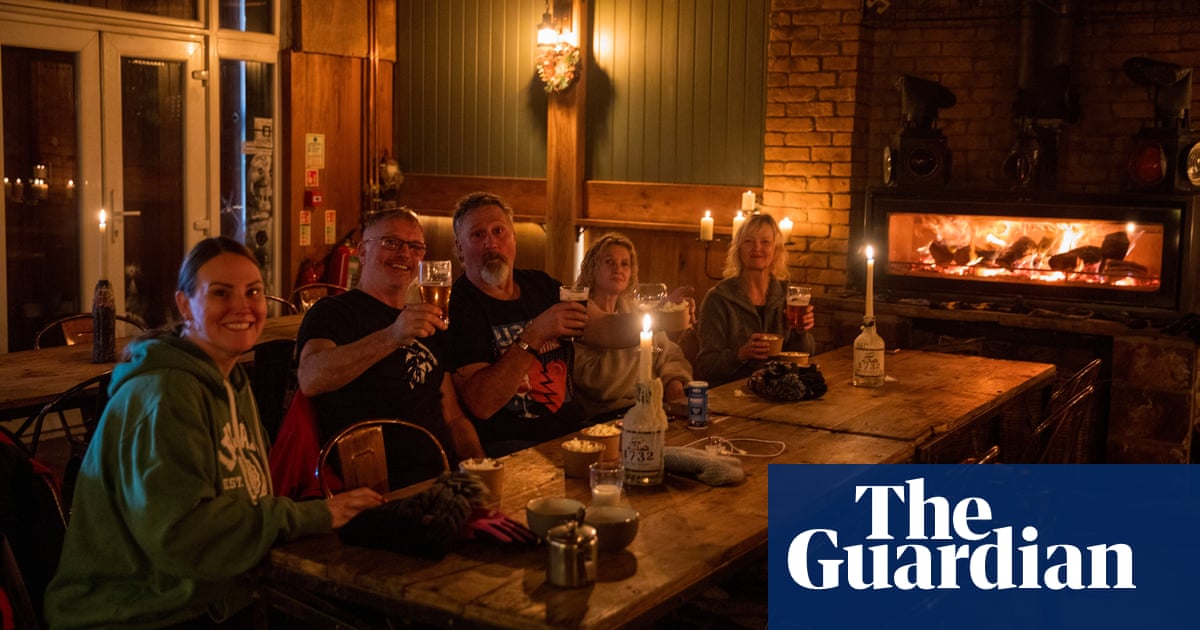The death toll from devastating floods in eastern Spain has risen to 158, regional authorities and emergency services have said, as the country began three days of mourning and the prime minister, Pedro Sánchez, urged people to stay at home.
With forecasts of more bad weather prompting storm alerts farther north, Sánchez urged residents on Thursday to “please, follow the calls of the emergency services … Right now the most important thing is to save as many lives as possible.”
Officials in the stricken eastern region of Valencia said 155 bodies had been recovered there, with three deaths also reported from the Castilla-La Mancha and Andalusia regions. The toll makes the disaster the deadliest episode of flooding in Spain’s modern history.
Authorities have not disclosed how many people are still unaccounted for but the defence minister, Margarita Robles, earlier said the death toll was expected to rise further given some areas remain inaccessible to rescuers.
Flags flew at half-mast on government buildings and a minute of silence was observed nationwide after the flash floods battered Valencia’s infrastructure, sweeping away bridges, roads and railway tracks and submerging farmland.
Survivors told of walls of rushing water that turned narrow streets into death traps and spawned torrents that poured into the ground floors and garages of houses and apartment blocks.
Angry residents in several towns said mobile phone alerts had not been sent out until 8pm on Tuesday, when serious flooding had already started in some areas – and several hours after the national weather service, Aemet, had issued a red alert for exceptionally heavy rains.
Laura Villaescusa, who lives in the Valencia suburb of La Torre, told Reuters: “Those people wouldn’t have died if they had been warned in time.”
One man told Eldiario.es that the alert came as he was already trapped in his car with flood waters up to his chest. “Just after 8pm, after an hour with water up to my neck and swallowing mud, the alert went off,” he said.

Conservative opposition politicians have accused the socialist-led federal government of acting too slowly to warn residents to get to safety, but the interior ministry said responsibility for civil protection measures lay with regional authorities.
Valencia’s centre-right regional president, Carlos Mazón, defended his administration’s management of the crisis, saying the region’s officials had “followed the standard protocol”.
Emergency service workers and more than 1,200 troops combed through thick silt in mud-caked towns and villages on Thursday to find survivors and clear roads, while rescuers used helicopters to winch survivors to safety in areas that were still flooded.
“Our priority is to find the victims and the missing so we can help end the suffering of their families,” Sánchez said after visiting a rescue coordination centre and meeting with regional officials and emergency services in Valencia.
“This storm front is still with us,” Sánchez added. “Stay home and heed the official recommendation and you will help save lives.”

Meteorologists said a year’s worth of rain had fallen in eight hours in parts of Valencia on Tuesday. Television footage showed diggers and tractors fitted with water pumps clearing debris from streets piled high with abandoned cars and vans.
The intense rain has been attributed to the gota fría or “cold drop” phenomenon, which occurs when cold air moves over the warm waters of the Mediterranean, creating atmospheric instability that causes warm, saturated air to rise rapidly, leading to heavy rain and thunderstorms.
Scientists say the human-driven climate crisis is increasing the length, frequency and intensity of extreme weather events. The warming of the Mediterranean, which increases water evaporation, plays a key role in making torrential rains more severe, experts have also said.
Valencia’s mayor, María José Catalá, said a local policeman was among the eight bodies found drowned in a garage in La Torre. In the same neighbourhood, she added, a 45-year-old woman was also found dead in her home.
The transport minister, Óscar Puente, said about 80km (50 miles) of roads had been badly damaged or were impassable. He said many were blocked by abandoned cars, some “unfortunately with dead bodies inside”. It could take up to three weeks to reopen the high-speed rail line between Madrid and Valencia, he added.
King Felipe VI warned the emergency was “still not over”, and Aemet issued its highest level of alert for the province of Castellón, and amber alerts for the city of Tarragona, farther north in the Catalonia region, and the west coast of Cádiz, across the country in the south-west.

In the small Valencian town of Utiel, where six people died in the floods, people were trying to come to terms on Thursday with what had happened as they carted bucket-loads of sodden possessions from their homes and tried to sweep out the mud.
Around them, personnel from the army’s military emergencies unit supervised the clean-up and the pumps, aided by Guardia Civil officers, firefighters and civil protection units.
In the worst affected part of the town, where the Magro River had burst its banks and sent flood waters surging into people’s houses, the mud was still calf-deep in places and the streets littered with wrecked cars and other detritus.
“I can’t tell you want happened here,” one local resident, Carmen Aleixandre, told the Guardian. “I just don’t have the words to describe it.”
Utiel’s mayor, Ricardo Gabaldón, said the town was at the end of its tether and desperately needed help from the regional and national governments. “Six people died and we’re mourning them, but hundreds could have died here,” he said.
In some parts of the town, the flood waters had reached a height of 3 metres, trapping some people in their homes and leading to the deaths of the victims, who were older people or those with mobility issues.

The mayor said water and shelter were still major problems for many in the town, adding that some people were now homeless. “There’s no power in some places and we’re having to restrict water,” he said. “There are hundreds of people who’ve lost everything – their houses and their businesses.”
The death toll is the worst from floods in Spain since 1973, when at least 150 people were estimated to have died in the south-eastern provinces of Granada, Murcia and Almería. In 1996, 87 died after torrential rain hit a campsite in the Pyrenees.
Europe’s most catastrophic recent floods came in July 2021, killing 243 people in Germany, Belgium, Romania, Italy and Austria.
Reuters, Agence-France Presse and Associated Press contributed to this report

.png) 2 months ago
17
2 months ago
17













































